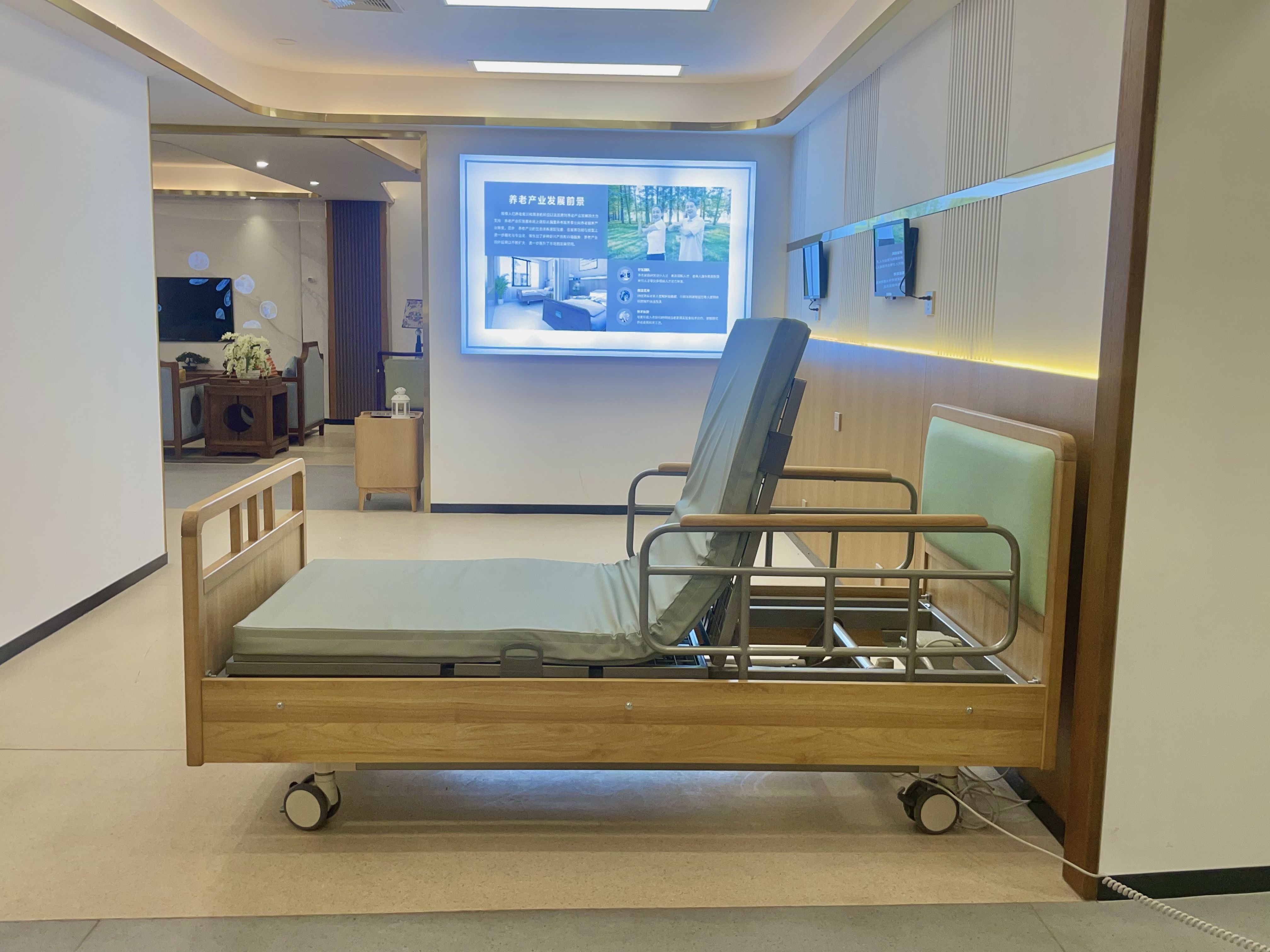Comprehensive Guide to Home Recovery After Hospital Discharge
Recovery after hospital discharge is a critical phase in restoring health. Whether recovering from surgery, illness, or injury, a well-structured recovery plan and proper care can help you heal effectively while preventing complications and readmission.
1.Prepare in Advance: Plan Your Home Recovery Environment
If your surgery is scheduled, it’s important to prepare your home for recovery ahead of time. Consult your doctor and physical therapist to understand the appropriate recovery plan. Preparation may include rearranging your bedroom, stocking nutritious foods and essential medications, acquiring necessary medical aids such as hospital beds, walkers, or shower chairs, and removing potential fall hazards at home.
2.Understand Your Discharge Recovery Plan in Detail
Upon discharge, you should receive a written recovery plan that covers medication management, wound care, rehabilitation exercises, and dietary recommendations. Make sure you understand and follow the plan closely. Having family members review the plan with you helps ensure all care aspects are properly addressed.
3.Manage Medications Properly to Ensure Safe Recovery
Proper medication management is vital for postoperative healing. Avoid missed or incorrect doses and dispose of expired medications promptly. Home caregivers can assist by providing medication reminders and monitoring for any side effects to ensure safe medication use.
4.Prioritize Follow-up Visits and Continued Care
Regular follow-up appointments and adherence to the care plan facilitate early detection of issues and help prevent relapse. Pay close attention to symptoms like difficulty breathing, swelling, or confusion, and seek medical help promptly—this is key to a successful recovery.
5.Pay Attention to Mental Health for Holistic Recovery
Recovery is not only physical but also emotional. Encourage open communication about feelings and seek psychological support if needed. The presence of a compassionate home caregiver can alleviate loneliness and promote both mental and physical healing.
6.Don’t Neglect Nutrition and Hydration
A balanced diet and adequate hydration are the foundation of recovery. Caregivers can assist with grocery shopping and meal preparation to ensure proper nutrition and help restore energy.
7.Maintain Timely Communication with Your Healthcare Team
Know when to contact your doctor and address signs of infection, pain, or other abnormal symptoms promptly. Establishing reliable communication channels with your healthcare providers is crucial for a safe recovery.





